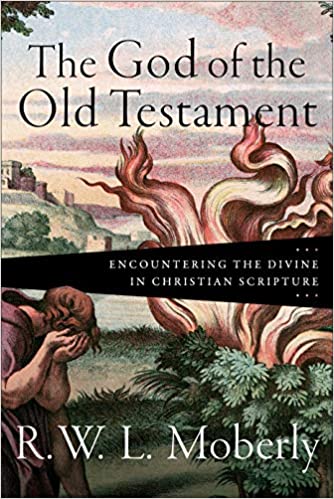Q. Put a different way, one wonders if Exod. 3.14 isn’t meant to tease the mind into active thought (a quote I borrow from C.H. Dodd speaking about parables), and so is meant to be evocative rather than definitive. Or is this just a partial unveiling of the truth about Yahweh, and Moses is being told wait and see? But how would that be what Moses would convey to the Hebrews in Egypt when asked about the name of God?... Read more









